10 Things that Wreck Hydration
Hydration is essential for virtually every process in your body — from digestion and circulation to temperature regulation and brain function. But many hidden factors quietly sabotage your fluid balance. In this post, we’ll explore things that wreck hydration, why they do it, and what you can do to stay truly hydrated.
Top 10 Things That Wreck Hydration
- High Sodium / Excess Salt Intake
- Caffeine and Diuretic Beverages
- Alcohol Consumption
- Poor Sleep & Sleep Deprivation
- High Sugar or High-Glycemic Foods
- Medications (diuretics, antihistamines, etc.)
- Illness, Fever, Diarrhea or Vomiting
- Hot Environments, Sweating & High Heat Exposure
- Low Dietary Water / Dry Foods Only Diet
- High Altitude & Breathing Losses
1. High Sodium / Excess Salt Intake
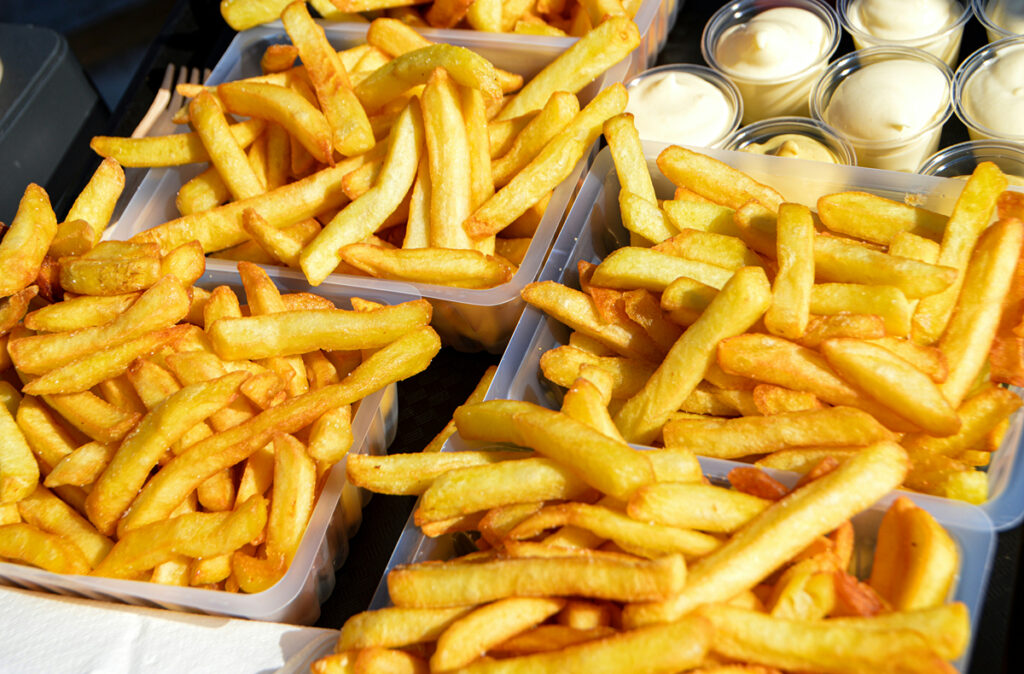
Consuming too much salt forces your body to retain water and then excrete more to balance sodium levels. This leads to a net loss of fluids because your kidneys work overtime to flush excess sodium. Over time, this stresses your hydration reserves.
2. Caffeine and Diuretic Beverages

Beverages like coffee, some teas, and energy drinks act as mild diuretics and increase urine output. While moderate caffeine may not massively dehydrate you, in large amounts or in sensitive individuals it can contribute to net fluid loss.
3. Alcohol Consumption
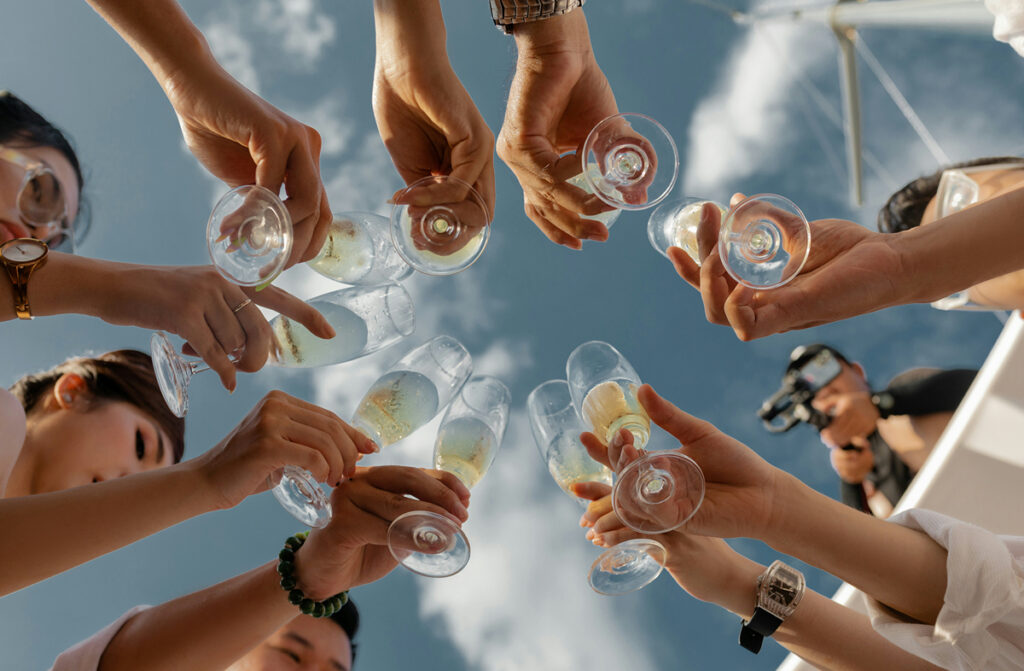
Alcohol inhibits the release of antidiuretic hormone (ADH), which leads to increased urination. That’s why you often experience dehydration symptoms during or after drinking — your body loses water faster than you replenish it.
4. Poor Sleep & Sleep Deprivation

When you don’t sleep well, your body’s ability to regulate hormones like vasopressin (which helps conserve water) becomes impaired. This dysregulation can result in greater fluid losses overnight and weaker thirst signaling.
5. High Sugar or High-Glycemic Foods

Eating large amounts of sugar spikes blood glucose, which can draw water out of cells (osmotic effect) to dilute the glucose. That intracellular fluid loss can contribute to dehydration at the cellular level.
6. Medications (Diuretics, Antihistamines, etc.)
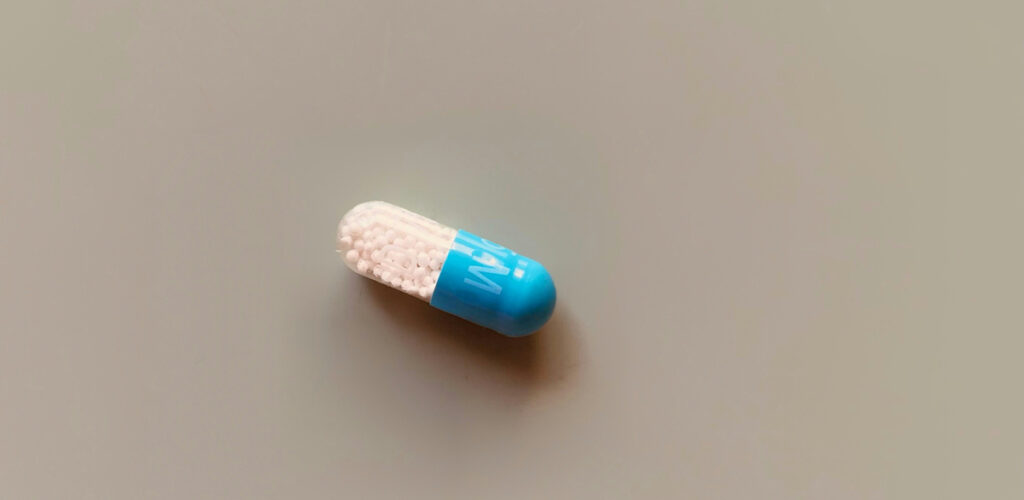
Many medications—especially diuretics, some blood pressure drugs, and certain antihistamines—promote fluid excretion. If you’re taking medications, they may be quietly draining your hydration capacity.
7. Illness, Fever, Diarrhea or Vomiting

Sick days are hydration killers. Fever elevates body temperature and increases insensible water loss, while diarrhea and vomiting dump fluids and electrolytes rapidly. Recovery demands rehydration with electrolytes.
8. Hot Environments, Sweating & High Heat Exposure

When you’re hot or exerting yourself, you sweat. Sweating is a direct fluid loss mechanism. If you don’t replenish those losses, those conditions become one of the biggest things that wreck hydration.
9. Low Dietary Water / Dry Foods Only Diet
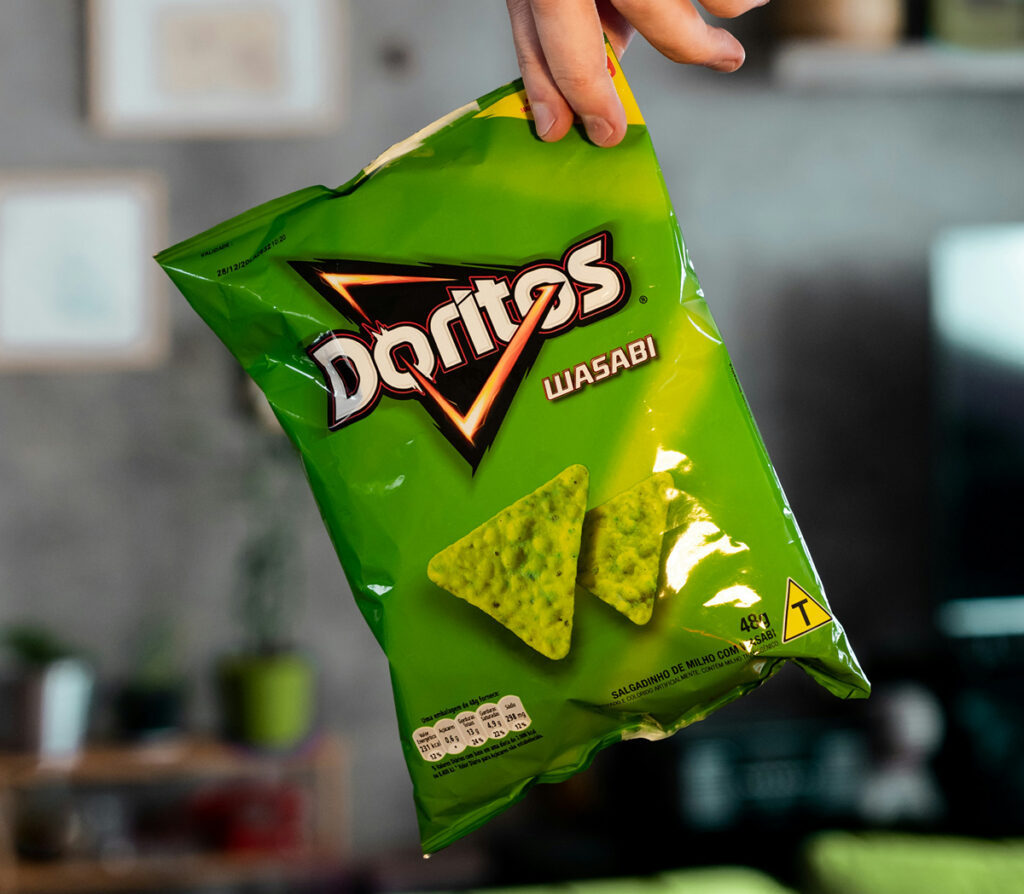
If most of your diet is dry (crackers, chips, processed snacks) without water-rich foods (fruits, vegetables, soups), you miss out on a large portion of daily hydration. Food contributes significantly to total fluid intake.
10. High Altitude & Breathing Losses

At altitude, your breathing rate increases, causing greater water vapor loss in exhaled air. Also, lower humidity increases evaporation from your skin and lungs. Together, these effects quietly sap your hydration.
How Much Water Should You Consume Daily?

There’s no one-size-fits-all number, but there are evidence-based guidelines you can follow. The U.S. National Academies suggest a total water intake (from all beverages and food) of about 3.7 liters for men and 2.7 liters for women (~13 and ~9 cups) in typical conditions. (Harvard Health)
The Nutrition Source from Harvard T.H. Chan also notes that various factors (environment, activity, diet) influence how much fluid you need. (Harvard Nutrition Source)
And in research, drinking close to 64 ounces (about 2 liters) of plain water per day is often cited as a practical baseline. (The Physiologist Magazine / American Physiological Society)
Final Thoughts

Recognizing the hidden “things that wreck hydration” empowers you to protect your fluid balance intentionally. Cutting back on excess salt, managing caffeine and alcohol intake, ensuring good sleep, and choosing water-rich foods are all simple yet powerful countermeasures. Listen to your body, adjust for your activity and climate, and keep hydration a priority — it’s one of the easiest boosts to health you can give yourself. Consider pairing lemon juice and water, it has multiple benefits, including better bile flow.
Sources:
- “Adult Dehydration.” StatPearls / NCBI Bookshelf. (NCBI)
- “Water, Hydration and Health.” PMC / PubMed Central. (PMC)
- “How Much Water Should You Drink?” Harvard Health. (Harvard Health)
- “The Science of Hydration: How Water Impacts the Body.” The Physiologist Magazine / APS. (APS)

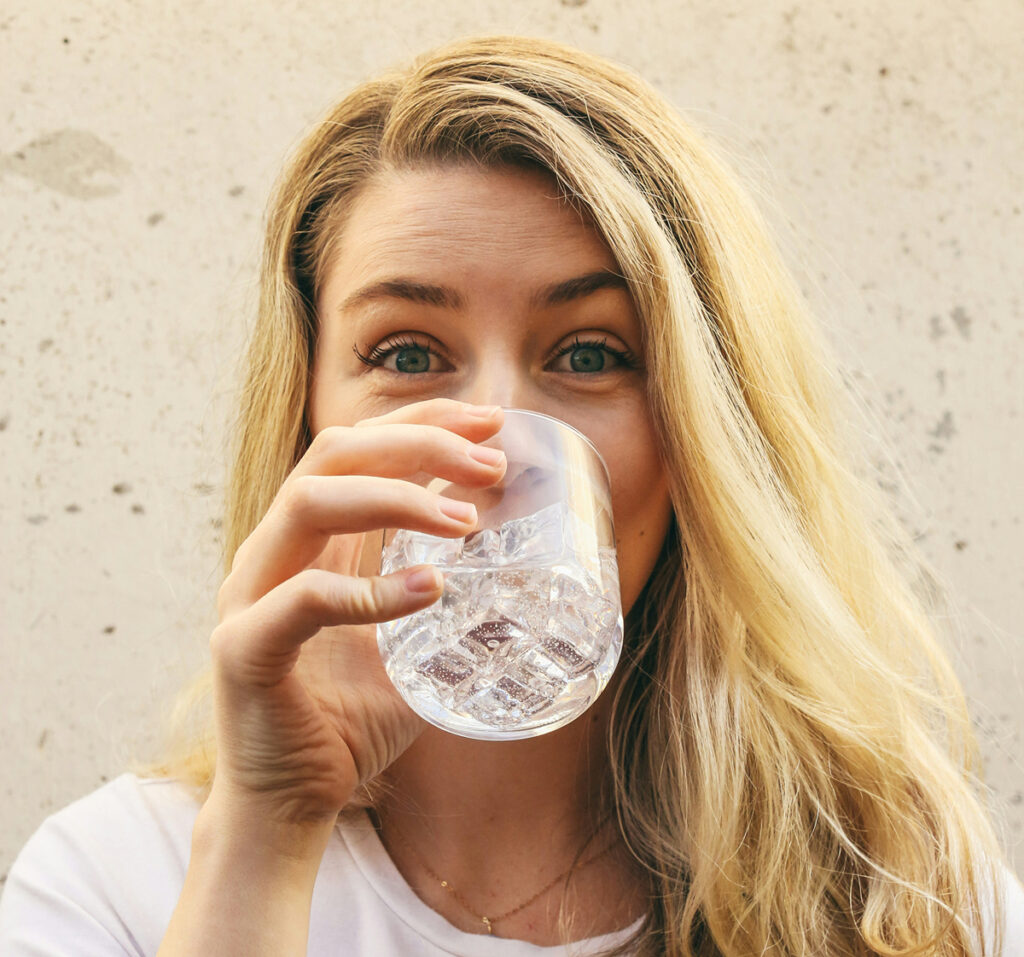



Leave a Reply